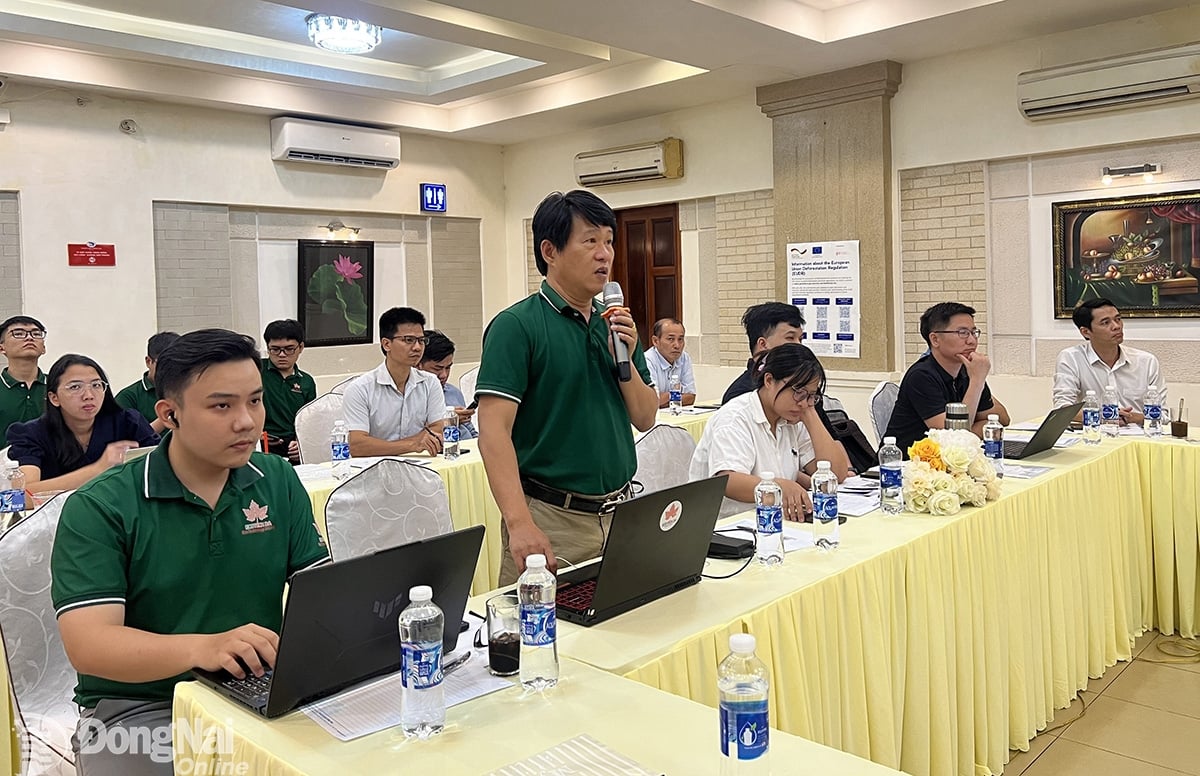 |
| Mr. Nguyen Cong An shared at the training course on Strengthening capacity to adapt to the European Union's regulations on deforestation and forest degradation (EUDR) held in Dong Nai in early April 2025. Photo: H. Quan |
Dong Nai Newspaper reporter had an interview with Mr. NGUYEN CONG AN, CEO of Eco Technology 2A Joint Stock Company (Bien Hoa City). This is a company that provides technological solutions to help businesses in the rubber, coffee, wood industries and related units comply with EU's EUDR regulations.
EUDR brings many opportunities and challenges for export enterprises
Sir, what criteria does the EUDR regulation require that domestic exporting enterprises need to pay attention to?
- The EU Regulation on the production of goods not coming from deforested or degraded lands (EUDR) was issued in June 2023. The EUDR aims to prevent deforestation and forest degradation, contribute to environmental protection and mitigate climate change.
Accordingly, agricultural goods traded in the EU market will have to meet and demonstrate requirements for goods entering the EU market that their origin does not come from land causing deforestation and forest degradation throughout the entire supply chain.
Mr. NGUYEN CONG AN shared that in the coming time, EcoTech 2A will soon coordinate with the Department of Science and Technology and related departments, branches and units in Dong Nai to support small and medium enterprises in the province to be ready to adapt to EUDR regulations.
EUDR regulates 7 trade sectors in the EU that will be controlled: wood and wood products, rubber, coffee, cocoa, beef, oil palm and soybeans. For Vietnam, 3 sectors: coffee, rubber, wood (possibly cocoa soon) and wood products are predicted to be significantly affected by EUDR regulations.
The EUDR requires that products such as coffee, rubber, wood and related products exported to the EU market must demonstrate that they have not caused deforestation after 31 December 2020, comply with the legislation of the country of production and be traceable to the specific geographical location where the product was produced (GPS coordinates).
What challenges and opportunities will the EUDR regulation bring to businesses exporting coffee, wood and rubber - three important groups of products currently exported to the EU by Vietnamese businesses in general and Dong Nai businesses in particular?
- First, domestic enterprises will face many challenges related to this regulation. Specifically, in order to meet traceability requirements down to the plantation, enterprises need to collect precise geographic coordinates of each batch of coffee, rubber, and raw wood. This requires investment in mapping technology (GIS), GPS devices, and data collection software - something that many enterprises and small farmers still lack.
In addition, businesses need to prove that there has been no forest encroachment after 2020, have a system to check for overlap with forest maps, use satellite data and maps from sources such as FAO, Sentinel, or Government data. Businesses need to build a supply chain monitoring system, train farmers, update inspection procedures, conduct periodic inspections, store data, etc. Therefore, production and operating costs will increase to comply with and meet the above regulations.
In addition to the challenges, coffee, rubber and wood exporting enterprises will have more opportunities to export to the EU market. In particular, when complying with EUDR, enterprises will increase their reputation and competitiveness, create trust with EU partners, expand market share and be able to sell at higher prices thanks to transparency and sustainability.
In particular, businesses will gradually implement digital transformation and modernize the supply chain. This is a strong driving force to modernize the management system, apply technological solutions such as: WebGIS, garden positioning application, product tracking system using QR code, Blockchain...
In addition, when complying with EUDR, businesses will have the opportunity to access international support programs with funding, training, and technical assistance to help small businesses and farmers comply with regulations. Furthermore, EUDR will promote closer cooperation between businesses - farmers - the state - technology organizations, towards transparent and sustainable supply chains.
Developing a chain of custody tracing system
What are the outstanding platforms on which the EUDR regulation-adaptive traceability solution and application of Eco Technology 2A Joint Stock Company (abbreviated as EcoTech 2A) is based?
- The EU proposes the required content and standards for the explanatory documents (evidence), from which EcoTech 2A has developed a platform that best meets the ability to trace the entire supply chain from the orchard to the final product and the ability to regularly track the product formation process through order identification codes (e.g. order ID code, representative QR code) on the website system.
EcoTech 2A provides a technological solution, the DDS EUDR system, to help businesses in the rubber, coffee, wood industries and related units comply with the EU's EUDR regulations. The system supports the control of planting areas and helps optimize production processes. DDS EUDR has been successfully deployed in many companies, contributing to promoting sustainable cooperation in the agricultural industry such as coffee, rubber and wood.
What are the outstanding and different features of applying this solution compared to other technology solutions to help domestic enterprises adapt to EUDR regulations and connect export markets to the EU?
- To meet the requirements of EUDR product chain traceability, EcoTech 2A has combined the time map system with agricultural management, production and trade management applications (domestic, export) on the same platform.
Outstanding features of DDS EUDR such as: Web-GIS map platform positioning technology, precise production area positioning and tracking, transparent quantity and production process, allowing customers to directly track the order process, providing standard files in EUDR format, multi-department authorization and data management, multi-device and multi-platform interface, extremely fast query speed, enhanced security through the Cloud Server system...
What should Dong Nai's export enterprises pay attention to in applying technology to production and exporting to the EU market, especially adapting to EUDR regulations?
- For Vietnamese enterprises exporting coffee, wood and rubber to the EU, the application of technology is no longer optional but mandatory if they want to adapt to EUDR regulations. Enterprises must be able to trace the origin to GPS coordinates. EUDR requires accurate positioning of raw material areas, enterprises need to pay attention to using GPS devices or mobile applications to collect the location of each plot of garden planted or exploited for wood, rubber, coffee, cocoa, etc.; store data in a verifiable form, integrate with WebGIS to visualize and manage planting area data. Location data needs to be compared with forest maps after December 31, 2020 to prove no deforestation.
Enterprises need to apply satellite maps and check forest overlap, connecting with global forest map data to automatically check for overlap risks. Enterprises should build a process to inspect raw material areas before signing a contract.
Thank you!
Navy (performed)
Source: https://baodongnai.com.vn/dong-nai-cuoi-tuan/202505/ceo-cua-cong-ty-cp-eco-technology-2a-nguyen-cong-an-ung-dung-cong-nghe-khong-con-la-tuy-choice-but-la-dieu-condition-bat-nuoc-de-xuat-khau-vao-chau-au-99708b0/





![[Photo] Solemn opening of the 9th Session, 15th National Assembly](https://vphoto.vietnam.vn/thumb/1200x675/vietnam/resource/IMAGE/2025/5/5/ad3b9de4debc46efb4a0e04db0295ad8)
![[Photo] President Luong Cuong presided over the welcoming ceremony and held talks with Sri Lankan President Anura Kumara Dissanayaka](https://vphoto.vietnam.vn/thumb/1200x675/vietnam/resource/IMAGE/2025/5/5/bbb34e48c0194f2e81f59748df3f21c7)






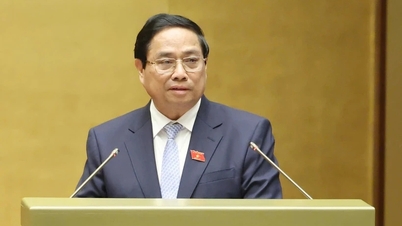











![[Photo] National Assembly delegates visit President Ho Chi Minh's Mausoleum](https://vphoto.vietnam.vn/thumb/1200x675/vietnam/resource/IMAGE/2025/5/5/9c1b8b0a0c264b84a43b60d30df48f75)


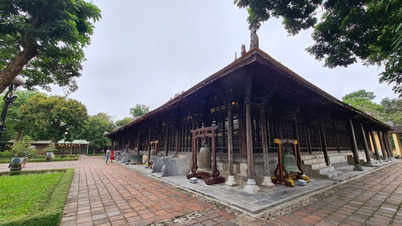




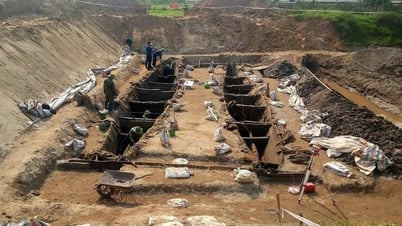

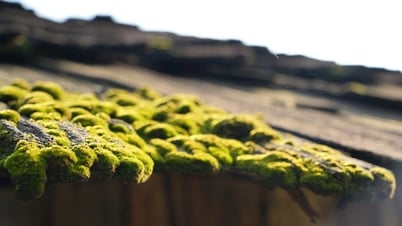






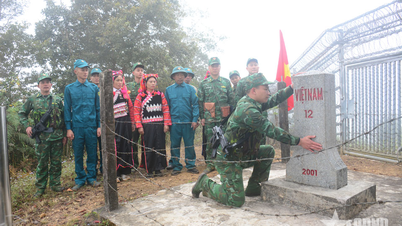



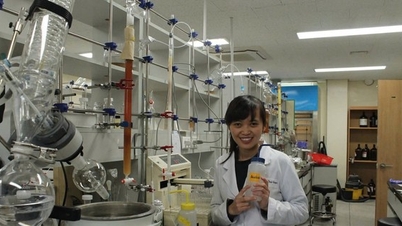




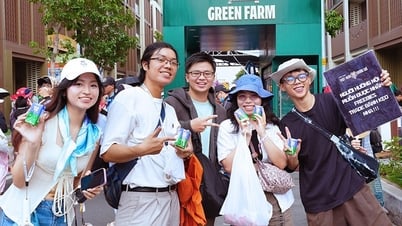



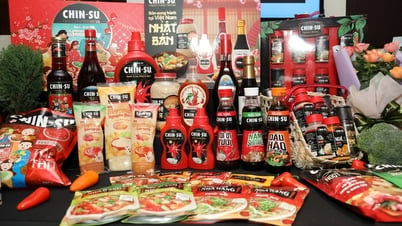


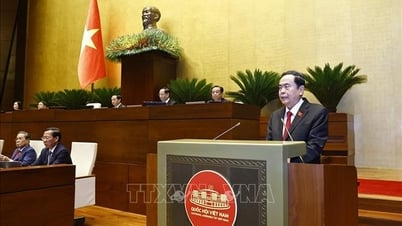
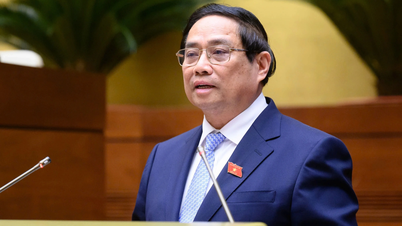
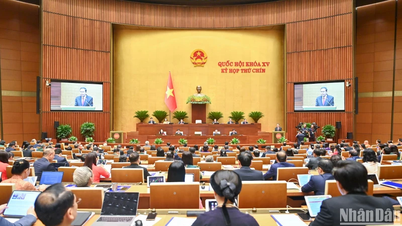


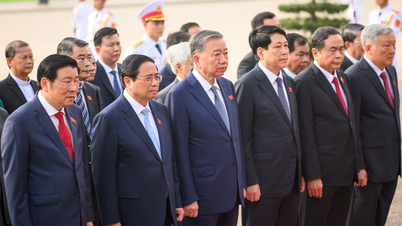
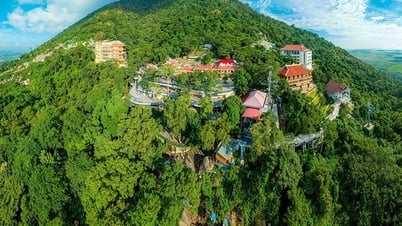




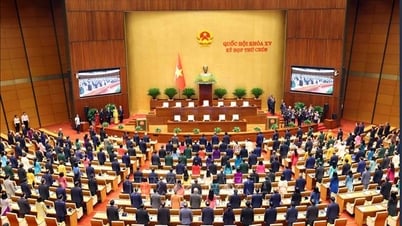












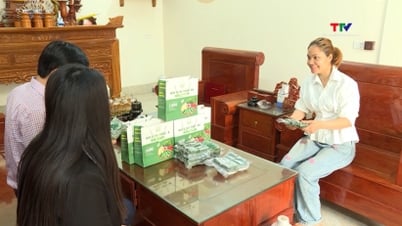

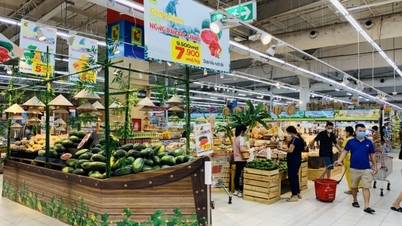

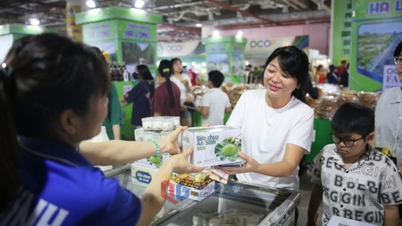
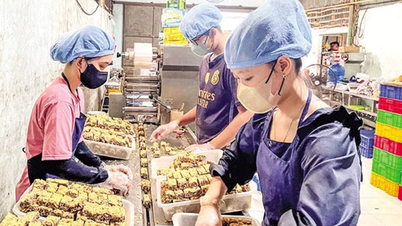





Comment (0)